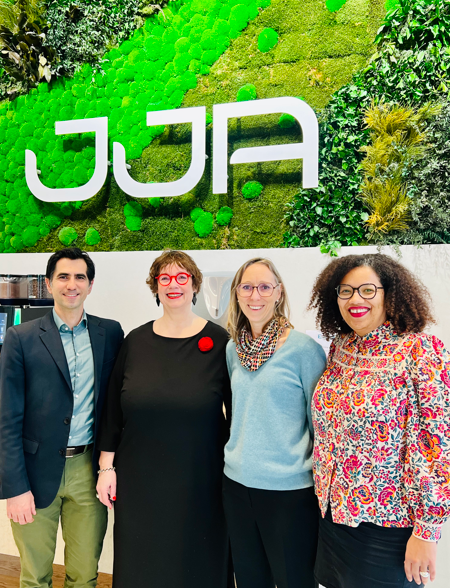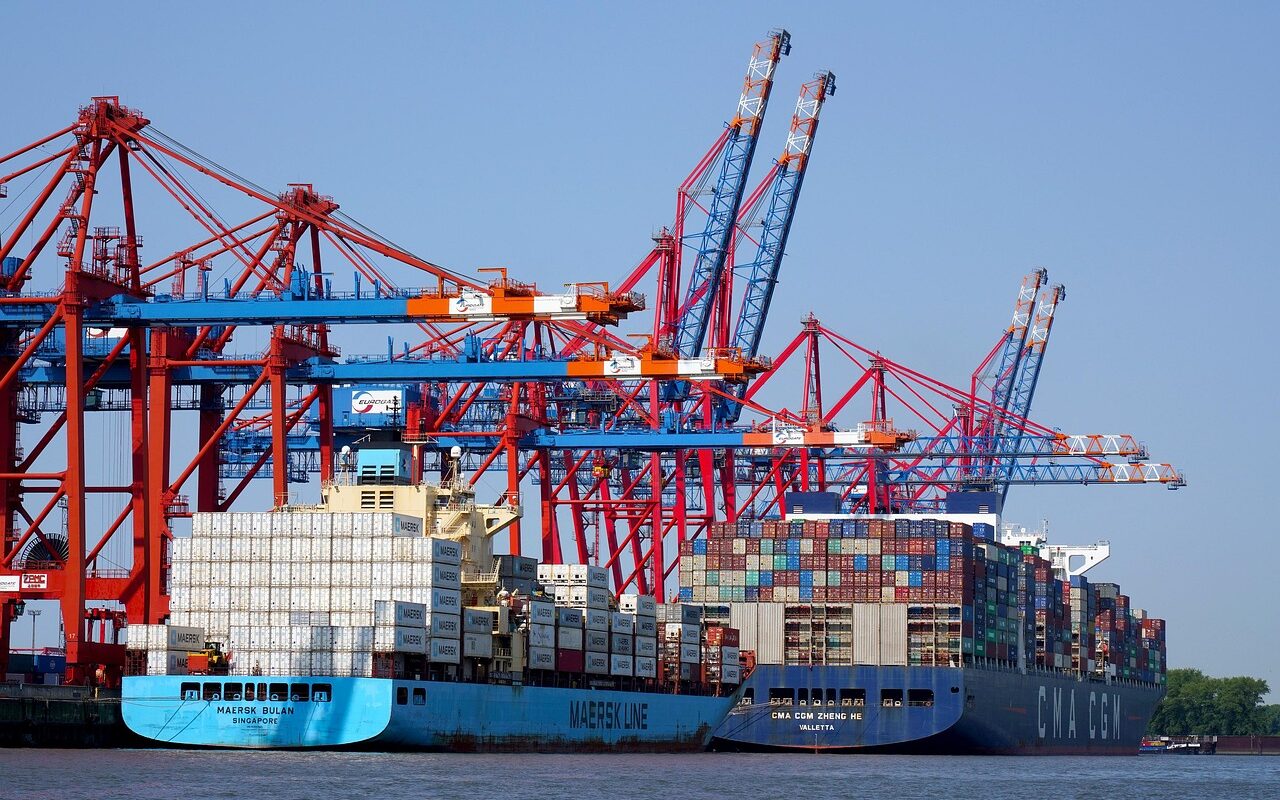“Most labour risks can be managed very efficiently if they are identified early enough”
Interview with Linda Kromjong, President of amfori, an international association that brings together importers committed to responsible trade.

As businesses increasingly operate across global supply chains, managing human rights risks has become a complex and critical challenge; one that affects worker welfare, highlights growing consumer concerns, and poses significant financial and ethical stakes for companies. Linda Kromjong, President of amfori, a leading business association for sustainable trade of which JJA is a member, explains how companies can address these challenges.
What are the main human rights risks faced by companies with a global supply chain?
There is no easy answer, as human rights risks vary by country and sector. They often include issues such as forced labour or modern slavery. Sometimes, the signs are subtle, for example, withholding a worker’s passport so that they are not free to leave. Other times, they involve child labour, unsafe working conditions, lack of protective equipment, or blocked emergency exits. Excessive working hours or insufficient rest days can also pose serious risks to workers’ health and safety. Discrimination, workplace harassment, and restrictions on freedom of association are further examples. These situations not only harm the workers involved and damage the environment, but can also negatively impact a company’s performance and ultimately, its bottom line.

Managing human rights risks has become a complex and critical challenge.
How can those risks impact a company’s bottom line?
In practical terms, if workers are not happy, unable to take care of their families, or exhausted, this can lead to a drop in productivity, lower quality, accidents at work, fatalities or strikes. Legal actions taken by workers can result in high financial costs for the company, as can reputational damage. Although reputational risks are more prevalent for consumer-facing brands, every company can be affected. And once a reputation is damaged, it takes a long time to rebuild.
The good news is: most risks can be managed very efficiently if they are identified early enough, and if companies are willing to take action to solve the issues at stake and prevent them from happening again.
amfori developed a program called amfori BSCI (Business Social Compliance Initiative) to exercise human rights due diligence more efficiently. How can this initiative help companies identify risks in their supply chains?
This program was set up more than twenty years ago, in 2003. The first step was the creation of a Code of Conduct, built around values and principles that suppliers are expected to uphold. Those values and principles are rooted in international standards, such as the International Labour Organization (ILO) Declaration on Fundamental Principles and Rights at Work. The amfori BSCI Code of Conduct is not a static document: it evolves to reflect changes in legislation and corporate practices. To support understanding and implementation, we offer training to both our members and their suppliers. amfori members map their suppliers through the amfori Sustainability Platform. Our members assess risk using solutions such as the amfori ESG Risk Compass, supplier self-assessments and regular on-the-ground audits. Once risks are identified, members work with their suppliers to develop and implement action plans to address the gaps. And lastly, they report on these actions. All of that is what constitutes the due diligence process.
There has been a backlash against sustainability initiatives in recent months, not only in the USA but also in Europe, with the amendment of the CSDDD in the Omnibus package. Could it infringe on the standards held in supply chains until today?
We need a level playing field, and experience has taught us that voluntary standards are not enough to create one. Businesses need risk-based due diligence legislation grounded in international standards. With the introduction of CSDDD, CSRD and the taxonomy, and now bundling these in the new proposed Omnibus legislation, the landscape is hard to read. Many voices have made themselves heard, to preach for reducing the administrative burden for companies. No one can argue against that, but with it, some good elements might be taken out. The outcome of the proposed Omnibus legislation remains uncertain and difficult to predict, especially given the shifts in the political landscape. One thing is certain: the world has become highly volatile, and that volatility impacts global supply chains. Businesses are asking themselves critical questions: where should we source from? Should we shift suppliers? Do we need to start sourcing from a different country? In this environment, due diligence is more important than ever. It helps companies make sound sourcing decisions and stay resilient, no matter how the regulatory landscape ultimately evolves.

We have a tendency in Europe to see ourselves as more virtuous regarding supply chains, compared to other countries, in particular Asian countries, that we see as more “high-risk”. Does that reflect reality?
This bias persists, but does not always reflect reality. Firstly, risks exist everywhere: in every country and across sectors, not only in industrial production or manufacturing. Secondly, many Asian suppliers have made significant progress over the last two decades. They know how to scale, are well aware of legal requirements, and increasingly expect the same standards from their own suppliers. Building long-term relationships between buyers and suppliers to progressively reduce labour and human rights risks is a win-win-win situation: for workers, for the planet, and for business.



